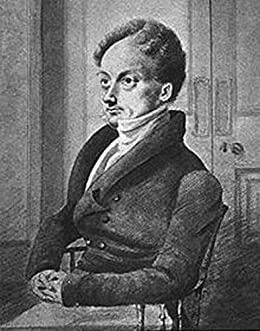
James Mill was a Scottish historian, economist, political theorist and philosopher who, among other works, was a founder of classical economics.
Below is an excerpt from a biography of James Mill included with our books.
| Title | Published |
|---|---|
| Elements of Political Economy | 1821 |
| The History of British India | 1817 |
The birth date of James Mill’s birth was recorded on 06 April 1773 at Northwater Bridge, in Angus, Scotland. James Mill received a first-rate education at a parish school and then at Montrose Academy, one of the beset secondary schools in Scotland. After graduating from Montrose Academy, He entered the University of Edinburgh.
From 1790 to 1802, James Mill occupied himself with historical and philosophical studies in Edinburgh. Aristotle is ancient Greek philosopher and scientist, one of the greatest intellectual figures of Western history who had a strong influence on James Mill.
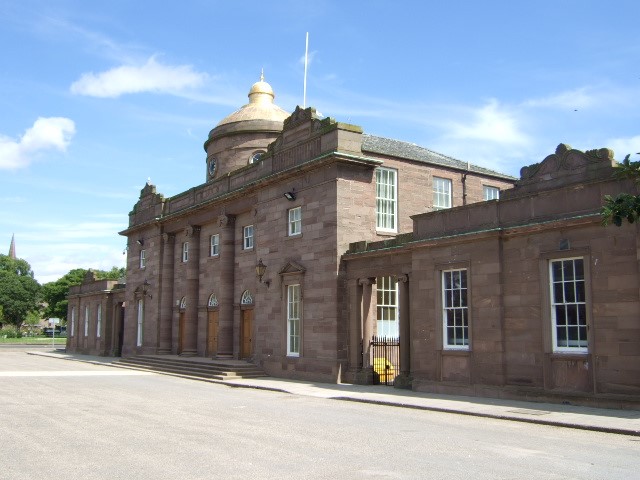
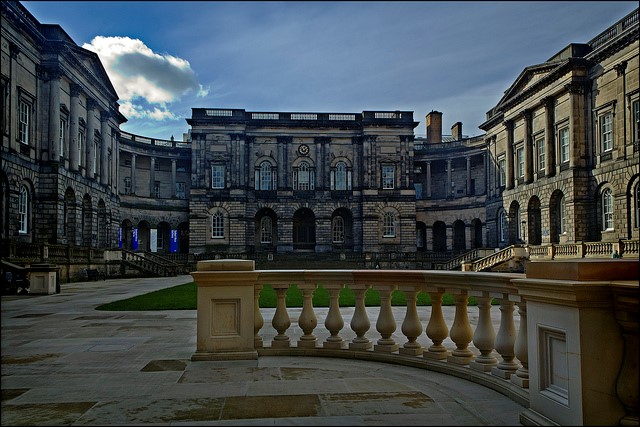
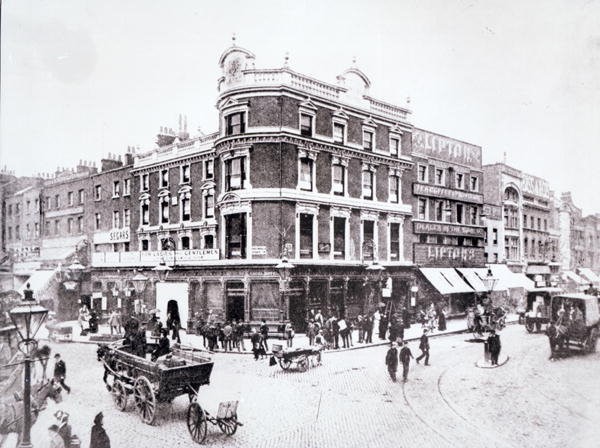
In 1802 James Mill went to London and he was editor of an ambitious periodical called the Literary Journal. During this time he also edited the St James’s Chronicle.
In 1804, James Mill wrote an essay on the corn trade, arguing against a bounty on the exportation of grain.
In 1805, he began his The History of British India and completed it after twelve years. In the year he also married Harriet Burrow in Hoxton and bought a house in Pentonville where his son, John Stuart Mill, was born in 1806.
In 1808, he became acquainted with Jeremy Bentham and was for many years his chief ally and mentor of his son John Stuart Mill. Jeremy Bentham was a British philosopher, jurist and social reformer and he is regarded as the founder of modern utilitarianism.
Between 1806 and 1818, James Mill wrote for the Anti-Jacobin Review, the British Review and The Eclectic Review. In 1808, he began to write for the Edinburgh Review.
James Mill took a part in the discussions that led to the foundation of the University of London in 1825.
In 1814 he wrote a number of articles about utilitarianism for the supplement to the fifth edition of the Encyclopædia Britannica, the most important being those on Jurisprudence, Prisons, Government and Law of Nations.
In 1818, The History of British India was published. In 1819 James Mill was appointed an official in the India House. He then gradually rose in rank until he was appointed, in 1830, head of the office.
In 1821, James Mill published his most important work, the Elements of Political Economy. John Mill also helped his father in writing Elements of Political Economy in 1821, a textbook to promote the ideas of Ricardo, who was a James Mill’s friend and chief ally. David Ricardo and John Stuart Mill are two of the greatest economists in modern economic history.
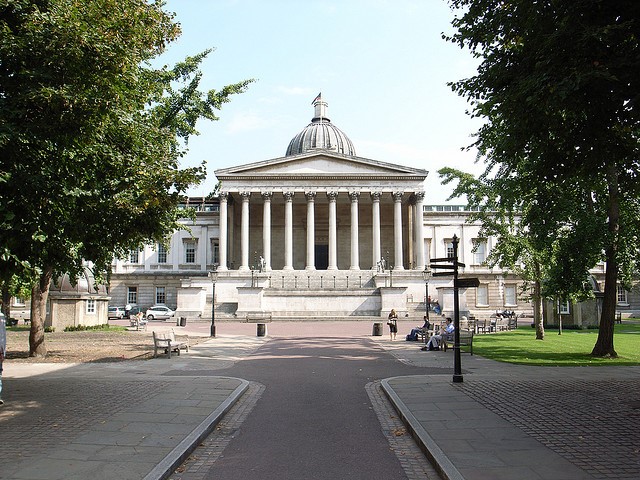
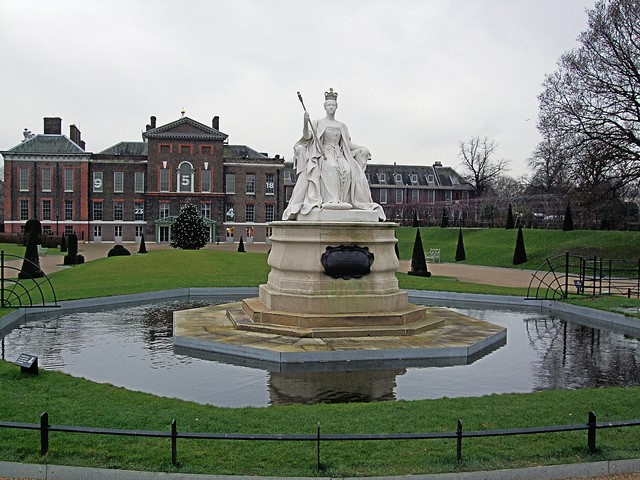
From 1824 to 1826, Mill contributed to the Westminster Review. In 1829 James Mill published the Analysis of the Phenomena of the Human Mind.
In 1834, James Mill wrote a notable article The Church and its Reform and in 1835, James Mill published his last book Fragment on Mackintosh.
James Mill died on June 23, 1836 at Kensington in London, an affluent and densely populated area.